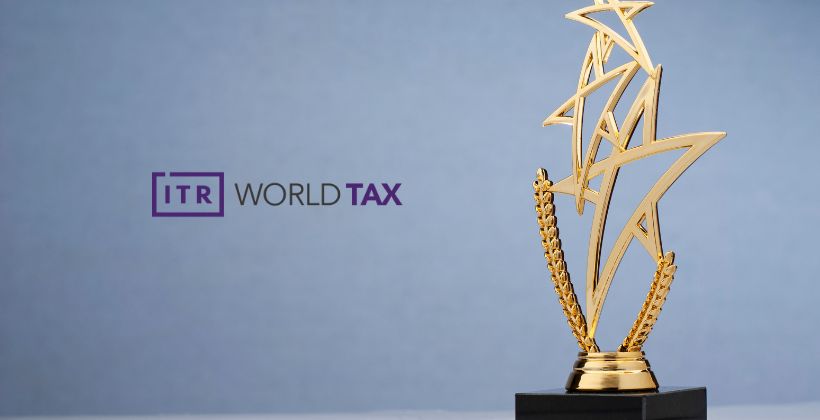In a recent video, Adv. Doron Levy highlights Israel’s voluntary disclosure approach, particularly regarding cryptocurrency. He points out that crypto operates outside conventional banking channels, meaning fewer financial transactions are reported to the Israel Tax Authority (ITA). With crypto values rising, the ITA must ensure proper tax collection from this rapidly evolving economic landscape.
Levy explains that voluntary disclosure programs have historically allowed taxpayers to declare hidden assets without facing major penalties. However, crypto has complicated this system by creating an entirely new asset class that does not fit neatly into existing frameworks. Recognizing this, the ITA is looking to close the gaps that crypto has created in the tax system.
He emphasizes that the crypto ecosystem, relying on decentralized networks, lacks the controls in traditional finance. This has created significant challenges for tax authorities worldwide. In response, the ITA has started to look into solutions like blockchain analysis, which may allow it to detect taxable events within the crypto space.
According to Levy, Israel is not alone in this endeavor. The ITA collaborates with international bodies and other tax authorities to develop a more cohesive approach to crypto taxation. By adopting best practices from other jurisdictions, Israel aims to establish a regulatory framework that addresses digital assets’ unique risks and opportunities.
Adv. Levy further notes that public awareness is vital to the ITA’s strategy. Many crypto investors are unaware that their gains are taxable, and the ITA is working to ensure investors understand their obligations. The goal is to increase voluntary compliance and avoid the need for harsher enforcement measures.






